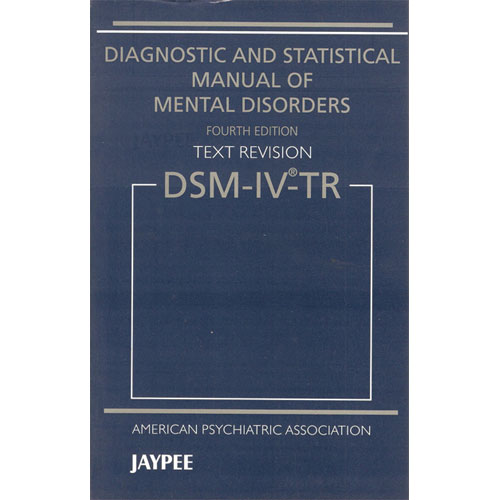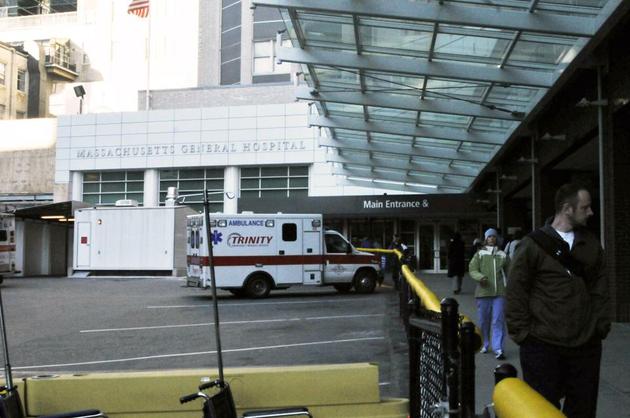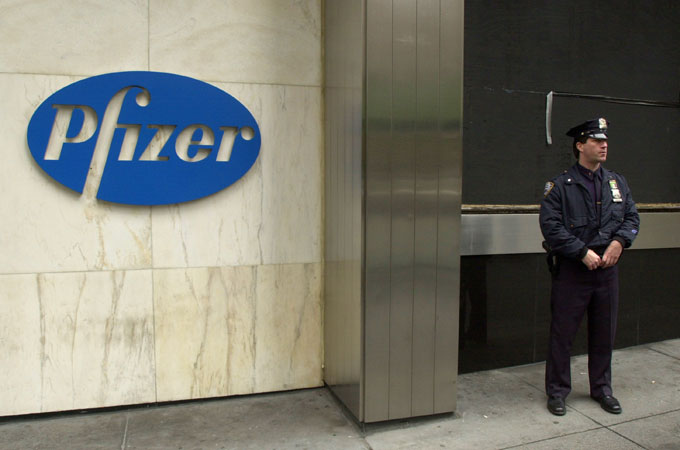
Antidepressant Nation
A serious conversation is under way in the United States on the subject of psychiatric drugs. The debate consists of three fundamental issues: first, whether antidepressants actually treat depression; second, the vast, growing body of evidence that psychotropic medications alter the brain permanently; and third, the pharmaceutical industry’s continuing, decades-old corruption of American psychiatrists, many of whom have been made by drug companies’ shenanigans into little more than handsomely paid industry shills.






SHARE YOUR STORY/COMMENT: